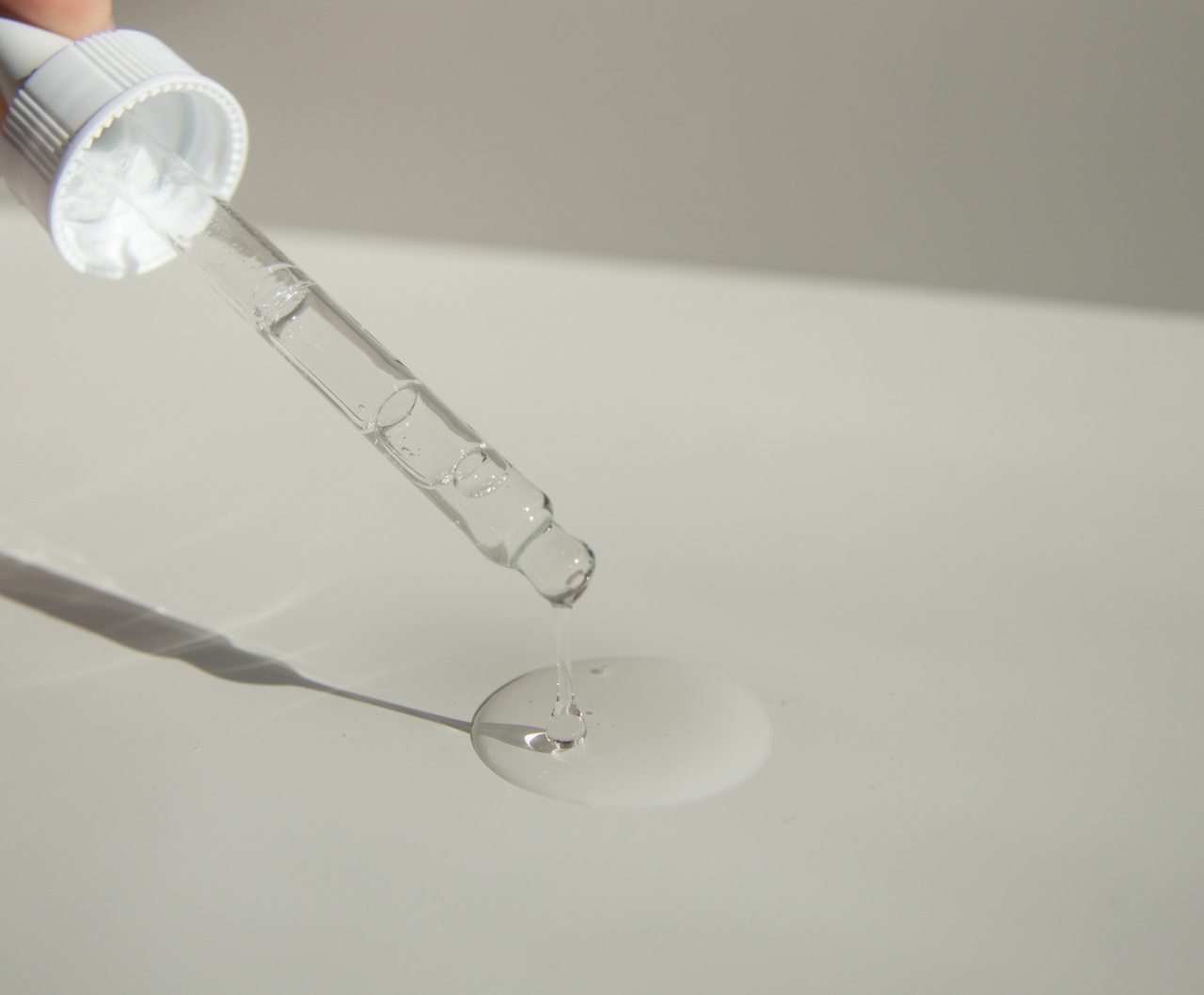A PAP test is a routine screening test that is performed to identify abnormalities in the cells of the cervix.
It is usually recommended for women between the ages of 21 and 65, and it should be performed every three years or more frequently depending on the specific situation. Like any medical procedure, there are certain things that you should know before your PAP test to ensure that you are fully informed and prepared. Here are ten things to keep in mind:.
1. You may experience some discomfort or mild pain during the test.
During a PAP test, your healthcare provider will use a speculum to hold open the walls of your vagina so that they can examine your cervix. This can cause some discomfort or mild pain, but it should only last for a few seconds.
If you experience severe pain during the test, you should let your healthcare provider know right away.
2. You should avoid sexual activity, douching, or using any vaginal products for at least 24 hours before the test.
These activities can interfere with the results of your PAP test and make it harder for your healthcare provider to see any abnormalities in your cervical cells.
You should also let your healthcare provider know if you have had a recent pelvic exam or any other medical procedures that involve the uterus or cervix.
3. You may experience some light bleeding or spotting after the test.
This is normal and should only last for a few days. If you experience heavy bleeding or any other unusual symptoms, you should let your healthcare provider know right away.
4. Your healthcare provider may recommend additional testing if they find any abnormalities in your cervical cells.
If your PAP test reveals any abnormal cells, your healthcare provider may recommend additional testing to determine the cause and severity of the abnormality.
This may include a colposcopy, which is a procedure that uses a special microscope to examine the cervix in greater detail.
5. You should not have a PAP test while you are pregnant.
If you are pregnant or think you may be pregnant, you should let your healthcare provider know before your PAP test. The test can still be performed after your pregnancy is over, but it is not recommended during pregnancy.
6. You can request a female healthcare provider if you prefer.
If you feel more comfortable having a female healthcare provider perform your PAP test, you can request one. Your healthcare provider should accommodate this request if possible.
7. You should not be embarrassed to ask questions or express any concerns.
Your healthcare provider is there to help you and answer any questions you may have. Don’t be afraid to ask questions or express any concerns you may have about the test or the results.
8. Your healthcare provider will use a small brush or spatula to collect cells from your cervix.
This procedure should only take a few seconds, and you may feel some slight pressure or discomfort. Your healthcare provider will then send the cells to a lab for analysis.
9. Your PAP test results may take a few weeks to come back.
It is important to follow up with your healthcare provider to discuss the results of your test and any recommendations for further testing or treatment.
10. A PAP test is an important part of your overall health and should not be skipped or delayed.
A PAP test can identify abnormalities in your cervical cells before they develop into cancer. It is a simple and effective way to protect your health, and it should be performed regularly according to your healthcare provider’s recommendations.





























